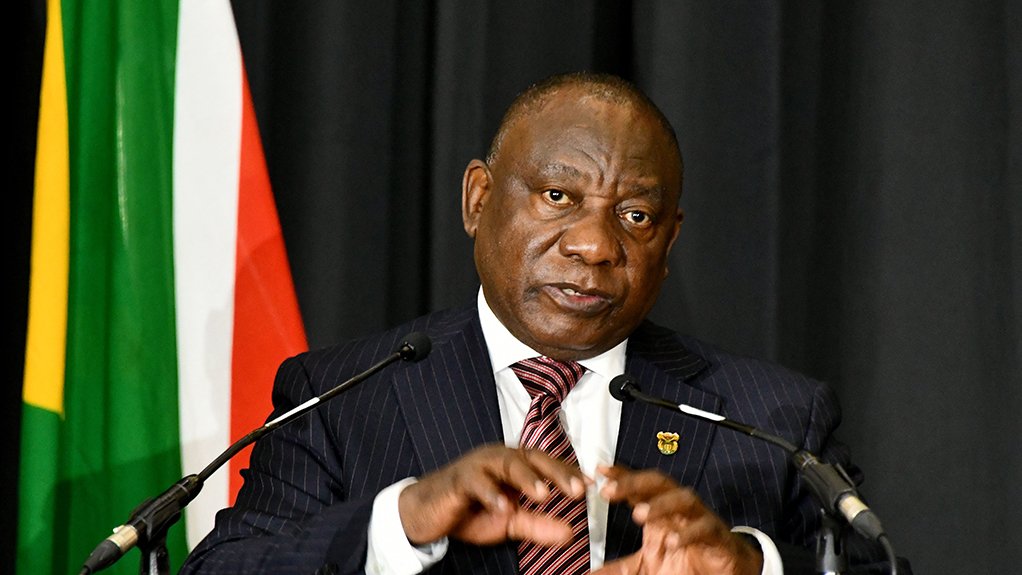President Cyril Ramaphosa has underlined the importance of the new government – which is yet to be formed after no single party secured an outright majority in the recent elections – continuing with the economic reforms under way in the electricity, logistics, water and telecommunications sectors.
Writing in his weekly newsletter days after the national executive committee of the African National Congress (ANC) agreed that it should initiate talks with other parties on the formation of a possible government of national unity (GNU), Ramaphosa insisted that there was “broad support for the continuation of economic reforms” that have been spearheaded under Operation Vulindlela.
“The structural reform process has produced tangible results and laid the groundwork for sustainable growth into the future.
“Regardless of the form or composition of the incoming administration, it is important that the momentum of reform be retained and sustained,” he writes, arguing that a change in direction would derail progress and “take us back to the starting blocks”.
Similar sentiments have been expressed by both organised business, as well as the Democratic Alliance (DA), which sustained its position as the second-largest party following the May 29 poll, garnering 21% of the vote, while the ANC’s support slumped to only 40%.
The parties that came in third and fourth respectively, namely the uMkhonto we Sizwe Party and the Economic Freedom Fighters, are far less supportive of both a GNU and the reforms, favouring a more State-dominant economic pathway, despite the country’s weak fiscal position and financial and operational frailties of the corruption-prone State-owned companies.
In its framework for multi-party government, the DA describes the full and urgent implementation of Operation Vulindlela as critical for success and that it should, thus, be included as one of the “foundations for a governing agenda”.
In her weekly newsletter, Business Leadership South Africa CEO Busi Mavuso argues that coalition partners could re-establish confidence by committing to “structural reforms that are crucial to get the economy moving”, especially in the areas of electricity, logistics and the criminal justice system.
She also calls for the continuation of Operation Vulindlela, and urges the yet-to-be-formed new administration to actively back the initiative, which is driven by the Presidency and the National Treasury.
In a statement supporting moves towards multiparty and multistakeholder collaboration, Minerals Council South Africa CEO Mzila Mthenjane also highlights the progress being made as a result of cooperation on various economic reforms.
“In the past year, the government and business groups, including the Minerals Council, have been cooperating to fix South Africa’s energy, rail, roads and ports, and crime and corruption crises through committees in the Presidency.
“These committees of government ministers, their senior officials, leadership of state-owned companies and business leaders, several of them CEOs of mining companies, are making a positive difference,” Mthenjane says.
In his letter, Ramaphosa quotes a Bureau for Economic Research statement that argues that there is no need to “reinvent the wheel and that the sustained implementation of the existing reforms have greater currency than “miracles or fairy tales”.
“Modelling by the National Treasury showed that the successful implementation of key reform could raise GDP growth to over 3% a year, add an additional R600-billion to revenue and create a substantial number of jobs over ten years, “Ramaphosa writes, while urging political parties to work together to sustain the reform momentum.
EMAIL THIS ARTICLE SAVE THIS ARTICLE ARTICLE ENQUIRY
To subscribe email subscriptions@creamermedia.co.za or click here
To advertise email advertising@creamermedia.co.za or click here











